Remarks delivered by MEP Iuliu Winkler on the occasion of the official opening of the ARTECH exhibition in the European Parliament in Strasbourg 13.12.2022
Coincidences have a fascinating role in our lives! Often, they help to shed light on connected events, bringing them to the forefront.
The same is happening in Strasbourg this week: I have the pleasure of hosting the ARTECH exhibition of the Transylvania Trust Foundation and its partners in the European Parliament, in the same plenary session when we have on the agenda a report of the CULT Committee about the EU Strategy for international cultural relations and the implementation for the New European Agenda for Culture.
This report comes to outline EU priorities in the cultural field. When doing so, we have to reflect on three important aspects, namely the social, economic and external dimensions of European cultural policies.
Culture is a catalyst for creativity and the promotion of culture is a vital element in the international relations of the European Union. By promoting cultural diversity and intercultural dialogue, we are doing nothing less than promoting European way of life.
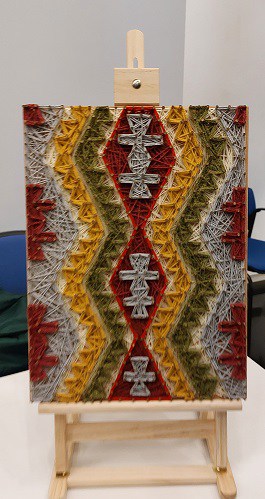
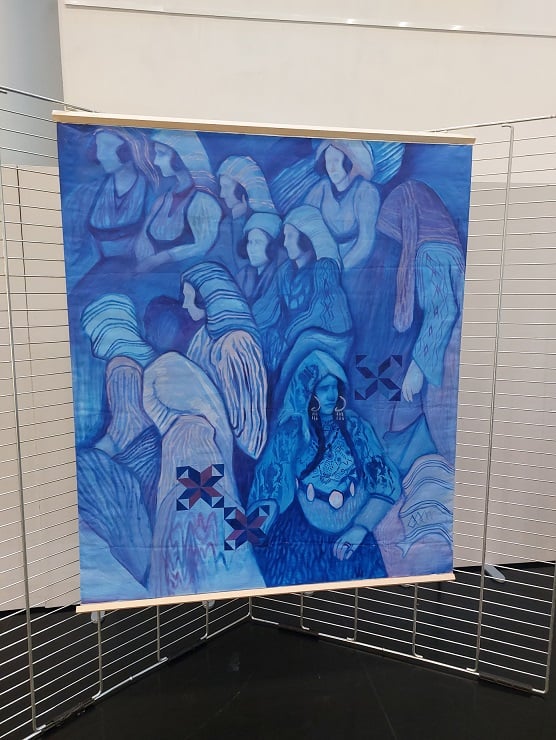
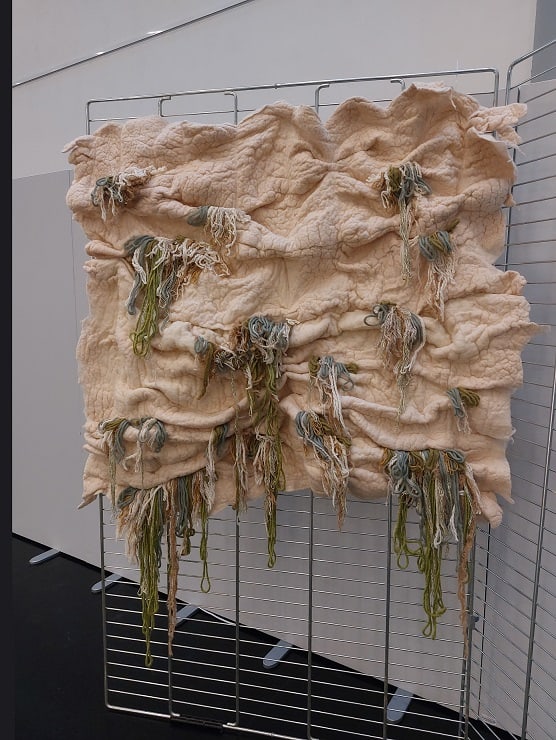
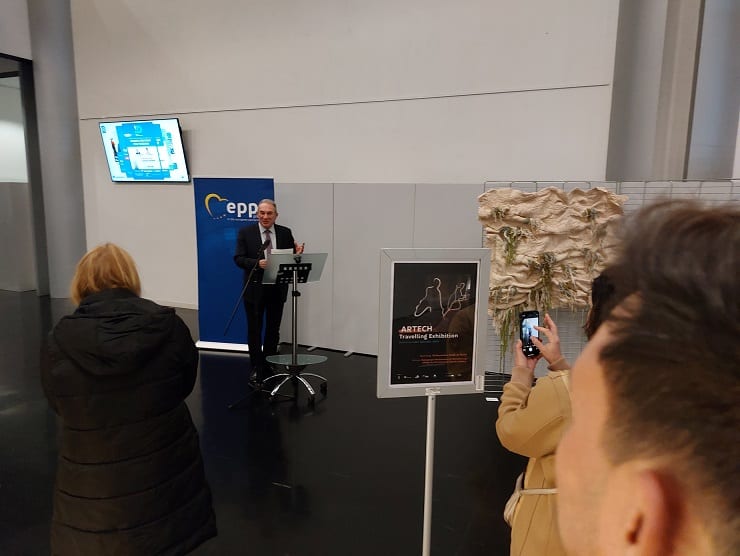
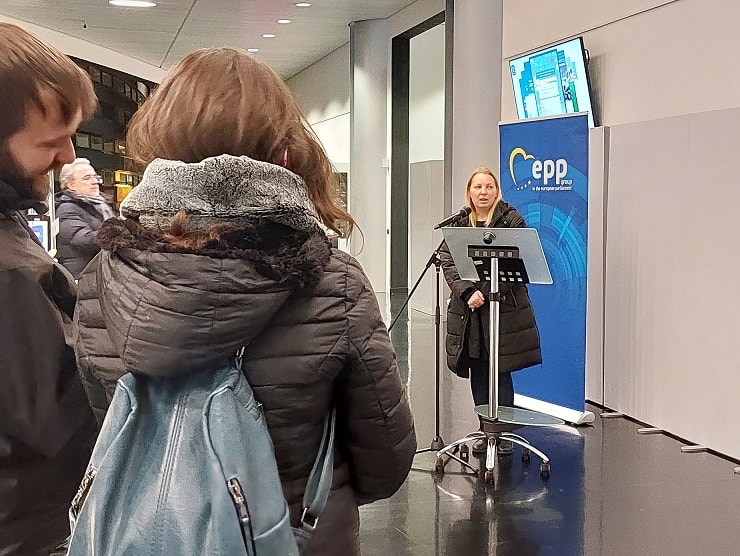
The coronavirus pandemic has hit the cultural sectors and the creative industries hard. We must now therefore concentrate on supporting their swift recovery. Nevertheless, we have to be very clear; recovery in the case of creative sectors does not mean going back to the previous normal, because the normal before 2019 was often about precarious employment, low and instable salaries and overall, much volatility.
Therefore, we in the European Parliament are aiming for new solutions and European instruments of supporting the cultural and creative industries. We always bear in mind that while the new digital dimension of culture proves to be innovative and at times very useful indeed, it will never be able to replace human interaction and direct contact between creators and the public.
A very important priority highlighted by the stakeholders is the accessibility of cultural funding. The European Commission has done an important step through the CultureEU website but still, bureaucracy is overwhelming. This is especially true for small cultural organisations, for the individual creators and cultural entrepreneurs who usually have a lack of operational capacity or technical competences to prepare complex funding applications. There are, of course, valuable best-practices including public-private partnerships, sponsorship opportunities, philanthropy and loans, but it is clear: the EU will have to do more.
The international cultural relations of the European Union will be more successful through an increased engagement of civil society organizations. One good example for this is our exhibition today: The ARTECH project – Arts, Rediscovery, Traditions, Eclectic, Contemporary, Heritage – is an international cooperation project run by Transylvania Trust Foundation together with Albanian, Spanish and Ukrainian partners, which is a beautiful example of art co-created by interdisciplinary and multicultural teams.
I congratulate the cooperating teams for this, but I also have two more reasons for congratulations.
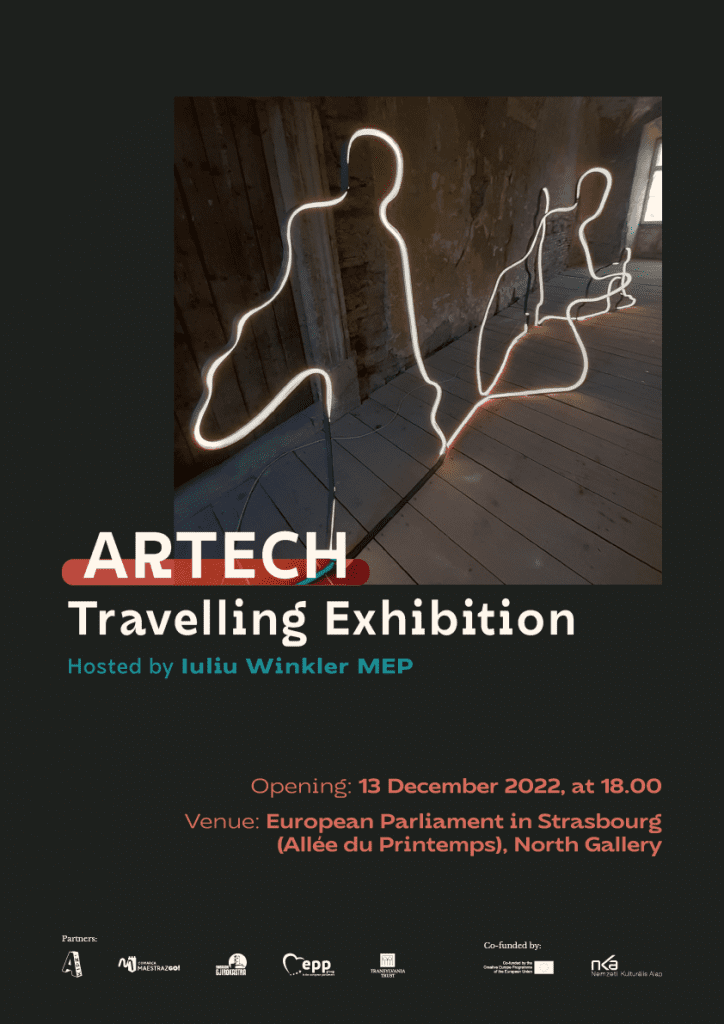
Firstly, because the project is declaring itself to be continuation of the 2018 European Year of Cultural Heritage initiatives and secondly because it comes following the first ARTEC project which I was honoured to host in the European Parliament in Brussels back in 2017.
While the ARTEC project in 2017 was an EU cooperation initiative between Romanian, French, Hungarian and Spanish partners, the exhibition you are able to experience today goes beyond the borders of the European Union and reaches two new important partners: Albania and Ukraine. ARTECH is hence a true model of multicultural engagement, benefiting us all with an enhanced understanding of traditions and cultural motifs, in a cooperation that is much larger than the sum of its parts.








